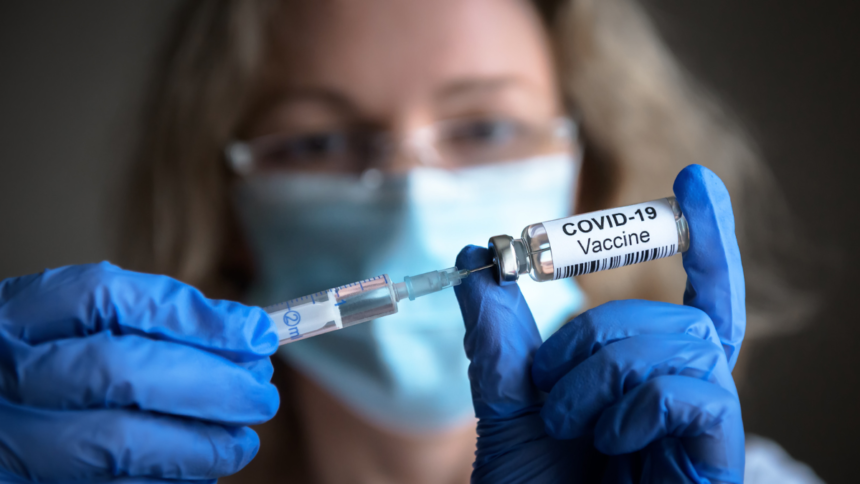The Food and Drug Administration (FDA) recently announced that COVID-19 vaccines will not be approved for many Americans without sufficient trial data demonstrating the benefits outweigh the risks. This new framework set by FDA Commissioner Dr. Marty Makary and Dr. Vinay Prasad, head of the FDA’s Center for Biologics Evaluation and Research, establishes two tiers for vaccine approval.
For individuals aged 65 and older, as well as those with risk factors for severe COVID-19 outcomes, manufacturers only need to show that the vaccine can trigger antibodies. However, for individuals without risk factors, randomized controlled trials are required to demonstrate that the vaccine prevents symptomatic COVID-19 and other outcomes like death.
Dr. Prasad emphasized the importance of evidence-based medicine and controlled trials to support the concept of boosters without end. The FDA’s decision to require more data for younger individuals at low risk of severe disease reflects a commitment to ensuring the safety and efficacy of COVID-19 vaccines.
The trials, although not required annually, will likely be conducted every few years to assess the ongoing effectiveness of the vaccines. It is estimated that 100 million to 200 million Americans fall under the first tier of vaccine approval criteria.
While the FDA’s move has been praised for prioritizing evidence-based medicine, some experts, like Dr. Sean O’Leary from the American Academy of Pediatrics, express concerns about limited access to COVID-19 vaccines. Vaccination is seen as crucial in protecting individuals from post-COVID conditions and preventing disease outbreaks.
The FDA’s recent actions regarding the approval of updated versions of Pfizer and Moderna vaccines, as well as Novavax’s vaccine for adults aged 65 and older, highlight the agency’s commitment to ensuring the safety and efficacy of COVID-19 vaccines through rigorous trial data.
The FDA’s decision aligns with recommendations from other countries, such as Australia and Germany, which restrict vaccine recommendations to specific populations based on age and risk factors. The focus on evidence-based medicine and controlled trials underscores the importance of ongoing research to support the use of COVID-19 vaccines.
In conclusion, the FDA’s new framework for COVID-19 vaccine approval emphasizes the need for continued evaluation and monitoring to ensure the safety and efficacy of vaccines for all Americans. By prioritizing evidence-based medicine and rigorous trial data, the FDA is taking proactive steps to protect public health and combat the spread of COVID-19.






